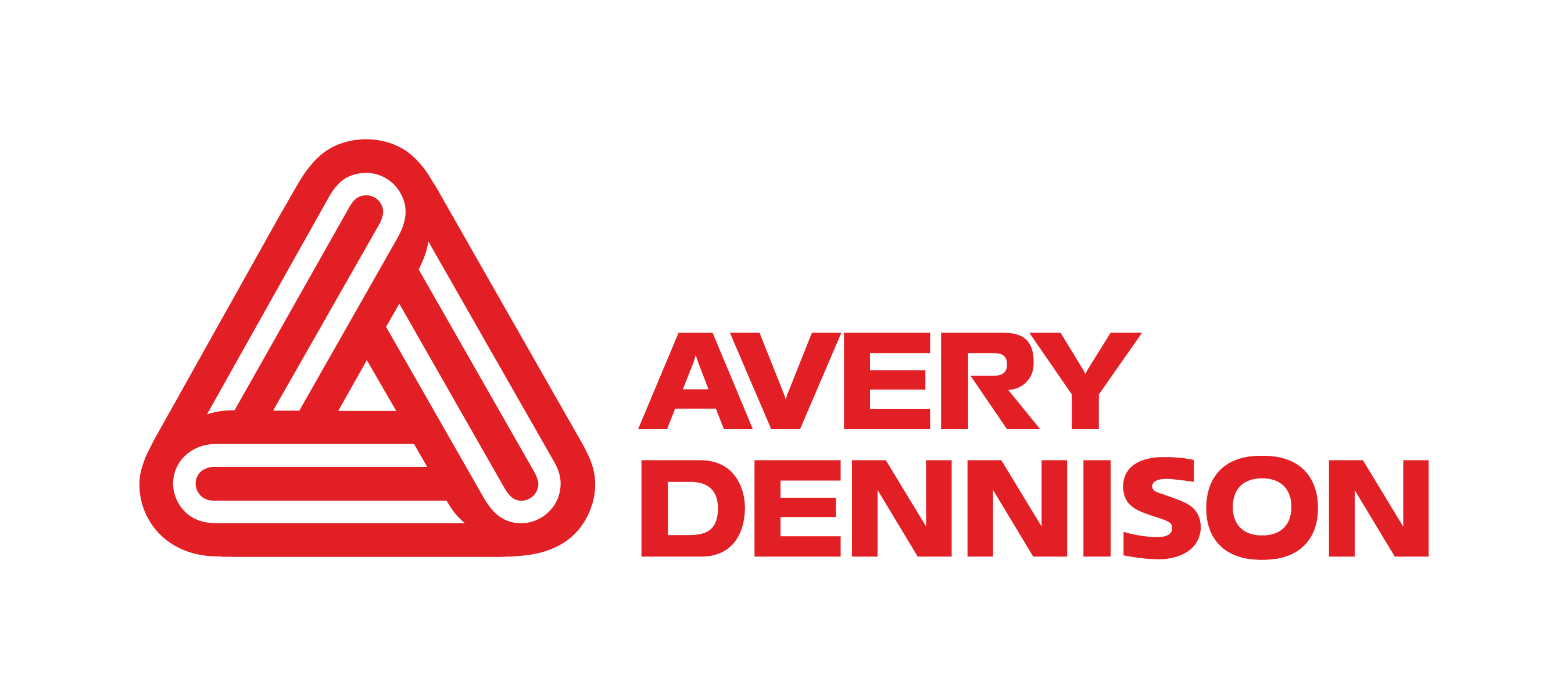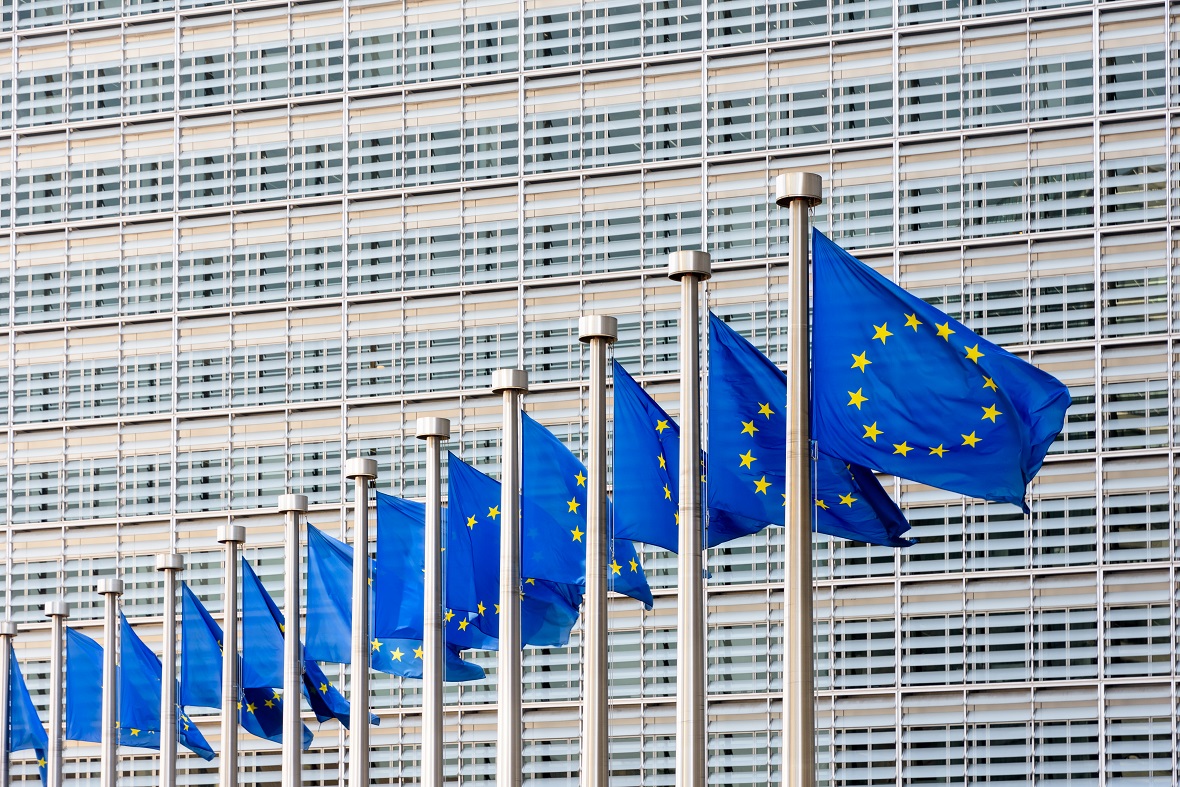European Green Deal Policies
Circular Economy Action Plan
One of the main blocks of the Green Deal is the new Circular Economy Action Plan (CEAP), which announces initiatives along the entire lifecycle of products. The plan targets product design, circular economy processes, sustainable consumption, and aims to ensure that the resources used are kept in the EU economy for as long as possible.
Chemicals Strategy for Sustainability
The European Commission published the Chemicals Strategy for Sustainability (CSS) on October 14, 2020. It is part of the EU’s Zero Pollution Action Plan, a vital component of the European Green Deal. The CSS aims to better protect citizens and the environment as well as to boost innovation for safe and sustainable chemicals by banning the most harmful chemicals in consumer products and phasing out the use of per- and polyfluoroalkyl substances (PFAS) in the EU, unless their uses are essential, and establishing a simpler “one substance, one assessment” process for the risk assessment of chemicals. Learn more.
CEAP Legislation
Waste Framework Directive (WFD)
The WFD is legislation that falls under CEAP. This environmental protection measure establishes how waste should be managed within the EU. It aims to reduce the environmental impact of waste and to encourage efficient use of resources through reuse, recycling, and other forms of recovery.
Packaging and Packaging Waste Regulation (PPWR)
The Packaging and Packaging Waste Regulation (PPWR), a key piece of legislation under CEAP, aims to ensure that all packaging placed on the EU market is reusable or recyclable in an economically viable way by 2030. We break down the key measures that will impact your label choice and offer insights into this critical regulation on our PPWR webpage.
Single-Use Plastics (SUP) Directive
In 2018 the European Commission has adopted EU-wide rules that target the 10 single-use plastic products most often found on Europe’s beaches and seas. The directive includes significant national consumption reduction of plastic food containers, plastic packets and wrappers, and beverage containers. It includes new product design requirements, such as attached caps and lids for beverage containers, and creates a 90% collection target for plastic bottles. Producers are required to contribute to raising awareness, cleanup, collection, and waste treatment.
Plastic Tax in Spain and the UK
The Plastic Packaging Tax (PPT) in Europe is a regulatory measure implemented to address the environmental impact of plastic packaging. The tax levied on virgin plastic packaging materials produced or imported within the EU is to discourage the use of single-use plastics, promote the adoption of sustainable packaging alternatives, and incentivize businesses to reduce their reliance on plastic packaging. It was introduced in Spain and the UK on April 1st, 2022. In Spain, the tax is levied on non-reusable plastic packaging and applies to companies that manufacture, import, or make intra-EU acquisitions of taxable products. In the UK, it applies to plastic packaging components containing less than 30% recycled plastic manufactured or imported into the UK.
Other Legislation
European Deforestation Regulation (EUDR)
In June 2023, EU policymakers agreed on a new regulation to stop further deforestation caused by consumption and production of products sold on the EU market. This regulation impacts companies' purchasing, using, and selling materials made of seven standard commodities: cattle, cacao, coffee, palm oil, rubber, soya, and wood. Beginning December 30th, 2024, companies using these seven products or products derived from these materials must declare they are deforestation-free. The declarations include geolocations, production timelines, and public documentation outlining the due diligence and risk assessment steps taken to ensure that the materials are deforestation-free.



